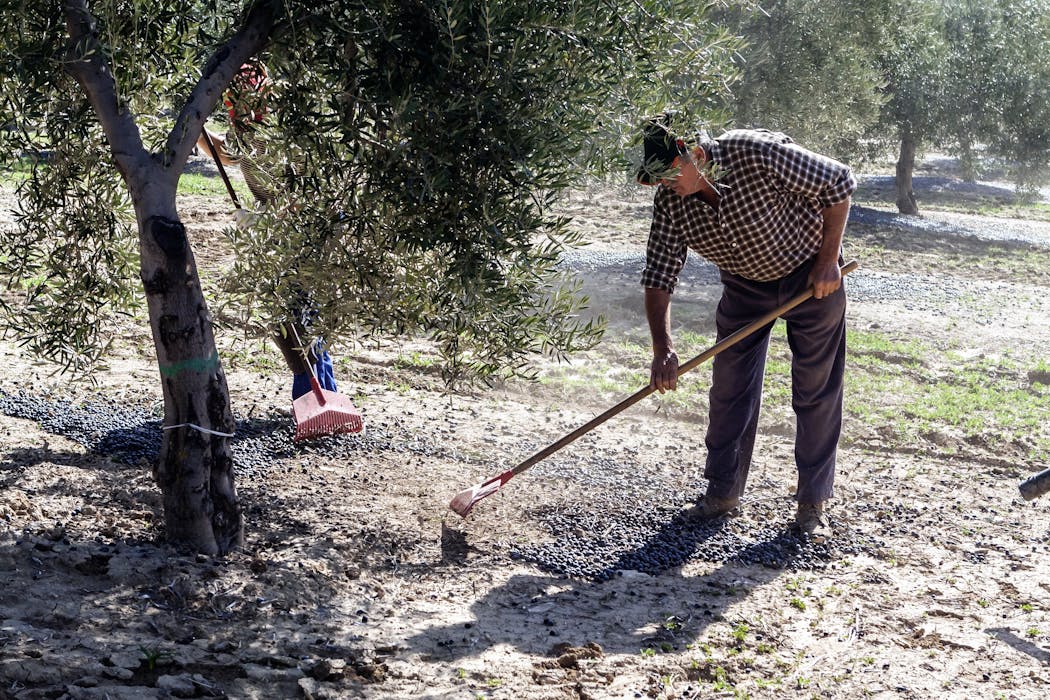
Climate change is no longer some abstract, future threat. It is now a present problem, and its impact will become exponentially worse if we fail to respond with robust adaptation and mitigation plans.
While the whole planet faces serious climate challenges, some areas are inherently more vulnerable than others. This vulnerability depends not only on geographical and ecological factors, but also on the the ability of these areas’ inhabitants to adapt.
Local communities are key to creating adaption and mitigation plans that are not only effective, but also socially just and culturally sustainable. Their inclusion is not an optional extra – it is vital for a successful ecological transition.
The Mediterranean region under threat
The Mediterranean is one of the European regions most vulnerable to the impacts of global warming. This is the result of its combination of fragile ecosystems, densely populated coastline, and economies dependent on tourism and agriculture.
Leer más: Europe's climate is changing fast – here's how it's affecting people and the economy
In a recent study, we analysed how energy transition policies can preserve and improve the health and wellbeing of societies in the Mediterranean. The results for countries such as Spain, Greece and Montenegro revealed that these territories have developed various mechanisms to achieve their climate goals at multiple levels: from national policies to local plans and actions.
However, the same analysis highlights a crucial truth: environmental objectives must be tailored to local development needs. Otherwise, there is a risk that large-scale policies will ignore the unique needs and circumstances of each individual community.
Failing to plan on a large scale
A lack of attention to local characteristics has led to notable shortcomings in the implementation of climate policies. This oversight not only compromises the effectiveness of mitigation measures, but also threatens cultural identity and endangers these areas’ natural resources.
A clear example can be found in approaches to traditional agriculture. A policy that promotes intensive, technology-driven agriculture may help to guarantee short-term food security and self-sufficiency in these areas, but ancient farming methods, though less productive in the short term, are often more sustainable, use water more efficiently, and preserve local biodiversity. Failure to take this ancestral knowledge into account means a valuable opportunity to integrate local knowledge into climate solutions is missed.
Similarly, urban interventions that fail to involve residents can meet resistance and fail. New public transport systems or the promotion of renewable energy will only be successful if they are aligned with citizens’ lifestyles and daily needs. When a policy is imposed without the support and understanding of the community, it becomes an imposition that can be rejected or ignored.
Leer más: How to make climate action popular
Meaningful interventions
Regional and local plans require much more than government involvement. Citizens must also actively participate in the process, moving from being mere recipients of policies to active agents of change. The different regions we analysed in our study apply various strategies to include local populations and address climate change.
Currently, the most successful mechanisms focus on jointly creating solutions. This means going beyond superficial public consultations and establishing genuine participation mechanisms, such as collaborative workshops, participatory budgeting, and the formation of citizen climate councils. In these forums, residents can contribute their empirical knowledge about the territory, its resources, and its vulnerabilities, allowing policies to be adapted in an intelligent and flexible way.
Environmental education at the local level is also a powerful tool for empowering communities, as it gives them the information they need to make informed decisions about energy consumption, waste management and sustainable mobility.
Leer más: Five ways to make cities more resilient to climate change
At the municipal level, new climate plans tend to emphasise urban interventions. They promote energy-saving measures in buildings, reducing the use of fossil fuels and promoting renewable energy sources such as solar photovoltaic panels instead. They also promote efficient transport through the expansion of cycle lanes and the improvement of public transport services. In addition, they invest in smart data systems to optimise the use of resources.
All these actions, although small in scale, have a massive cumulative impact when coordinated effectively.
A resilient future
The fight against climate change is a global challenge, but its most effective and sustainable solutions are inherently local. Communities, with their deep knowledge of their environment and culture, are a unique resource that must be actively integrated into mitigation plans. The ecological transition cannot be a purely technological, scientific, political or economic process – it is also a social and cultural process.
Ignoring the specific needs of local communities and failing to include them in decision making not only limits the effectiveness of policies, but also creates a gap between governments and society. An approach that respects cultural identity and empowers communities through the joint creation of solutions is the only viable path towards a resilient and sustainable future.
Only when people feel that they are part of the solution, and not just part of the problem, can the collective action needed to tackle the climate challenges ahead be achieved. Global success will depend on our ability to act with intelligence and empathy at the local level.

A weekly e-mail in English featuring expertise from scholars and researchers. It provides an introduction to the diversity of research coming out of the continent and considers some of the key issues facing European countries. Get the newsletter!
This article is republished from The Conversation, a nonprofit, independent news organization bringing you facts and trustworthy analysis to help you make sense of our complex world. It was written by: Alexandra Delgado Jiménez, Universidad Nebrija
Read more:
- Drought, sand storms and evacuations: how Iran’s climate crisis gets ignored
- Why climate summits fail – and three ways to save them
- Indigenous knowledge systems can be useful tools in the G20’s climate change kit
Alexandra Delgado Jiménez no recibe salario, ni ejerce labores de consultoría, ni posee acciones, ni recibe financiación de ninguna compañía u organización que pueda obtener beneficio de este artículo, y ha declarado carecer de vínculos relevantes más allá del cargo académico citado.


 The Conversation
The Conversation
 CNN
CNN Associated Press US News
Associated Press US News AlterNet
AlterNet